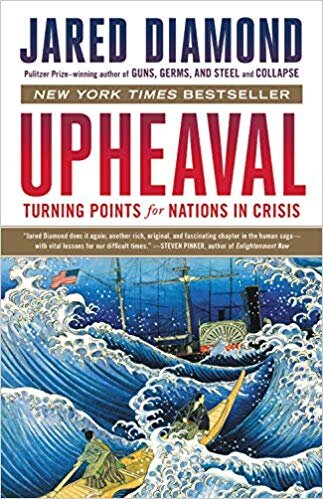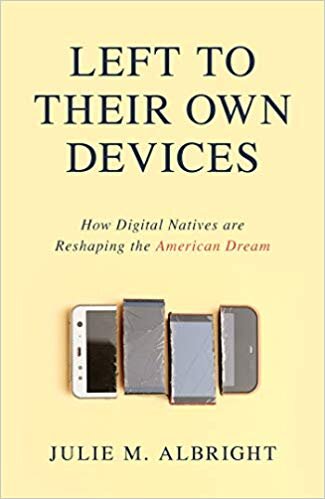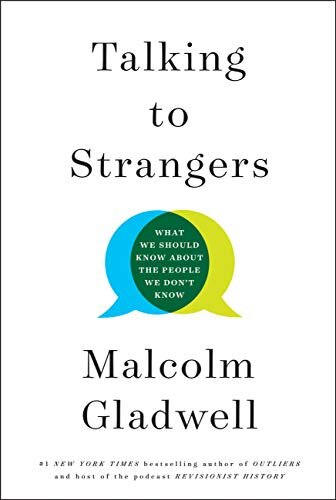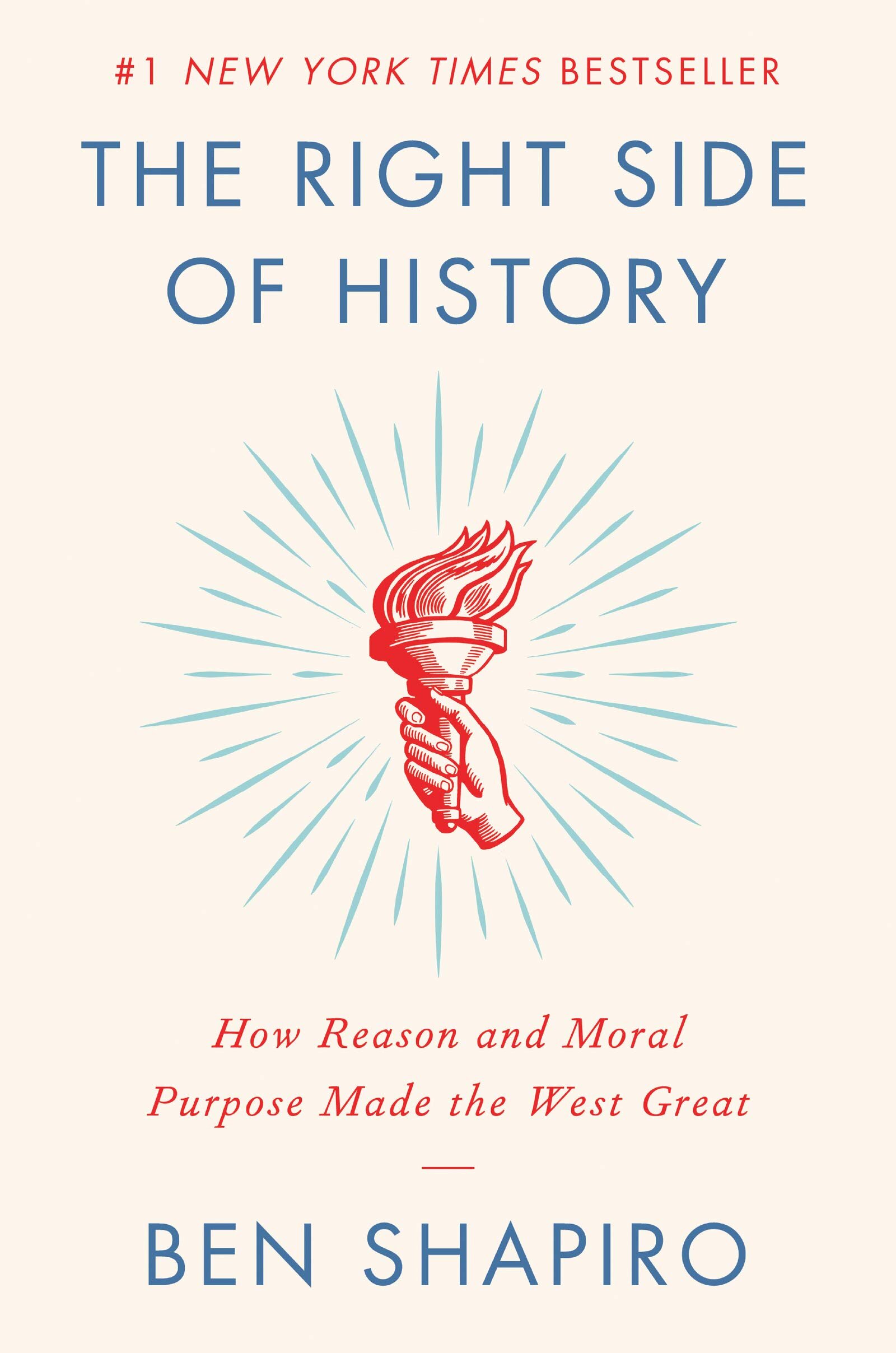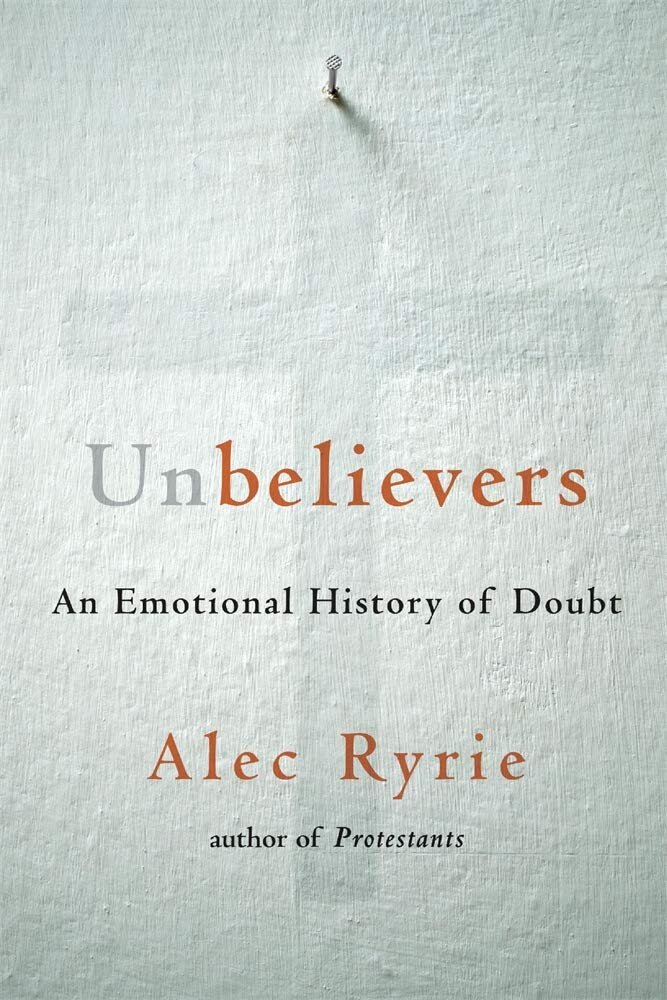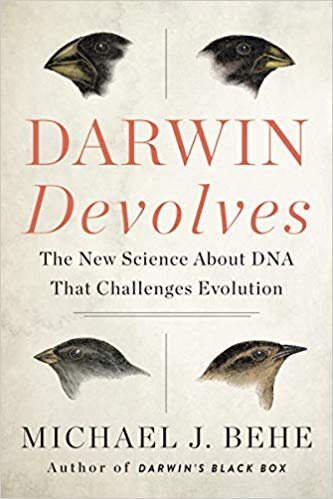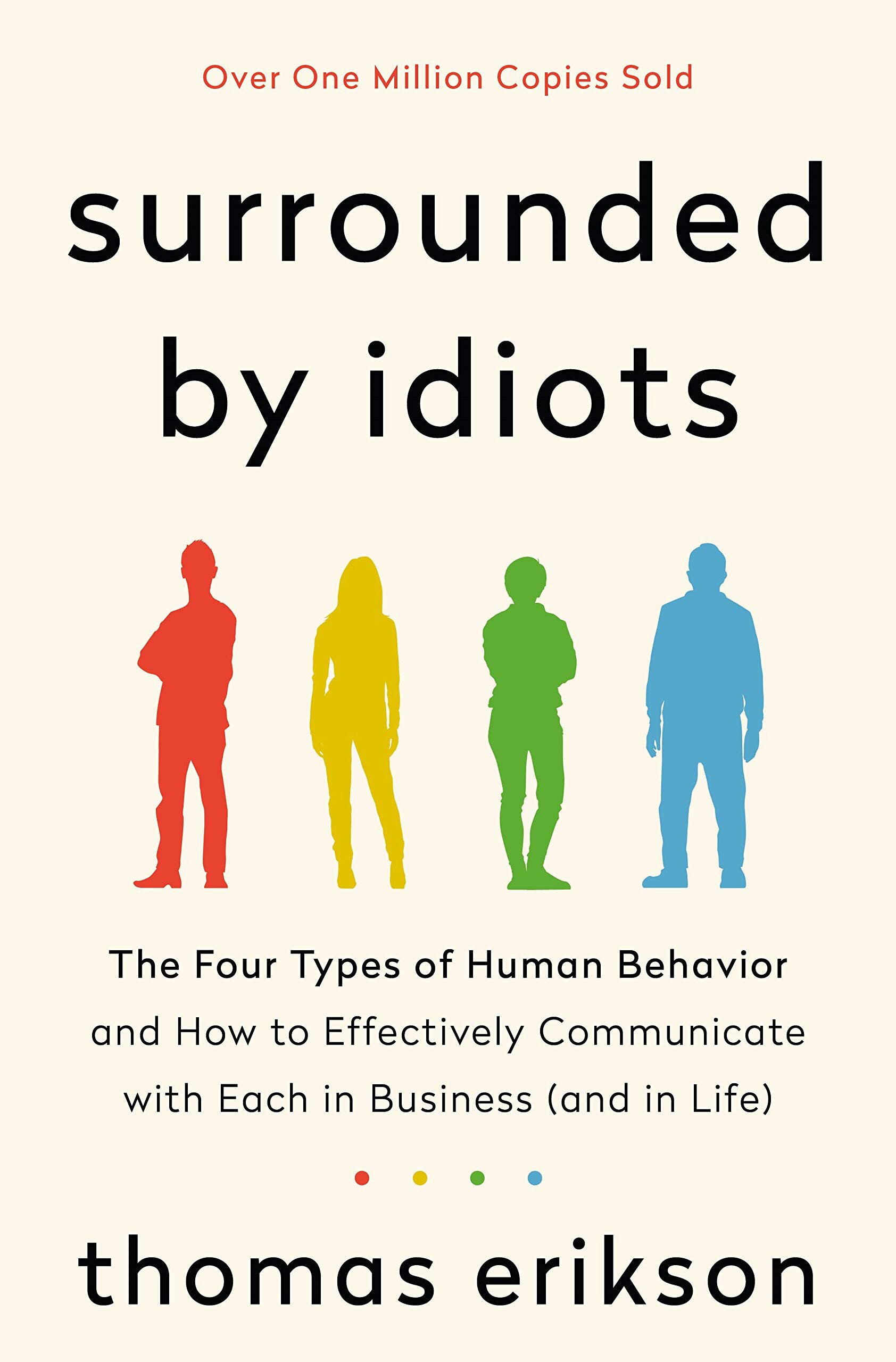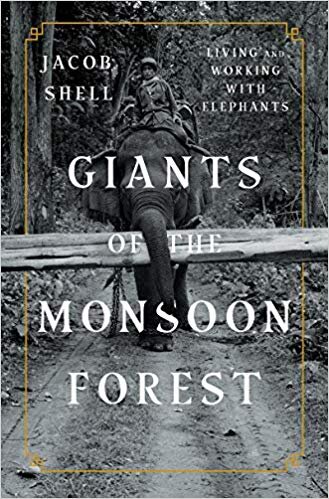The Worst Books of 2019: Nonfiction!
/As with the year’s worst fiction, so too with the year’s worst nonfiction: the suffering mind naturally searches for some kind of dark commonality uniting all or some of the books. The immediate suspect would of course be incompetence, since there’s never a shortage of it, but the nature of the times put forward something even worse: knowing duplicity, authors taking a whole book to make a set of claims they quite obviously know are false. A grift in other words, the signature activity of the moment - and, alas, the commonality running through quite a few of these, the worst books of 2019:
10 Upheaval by Jared Diamond (Little, Brown) - The first in what turns out to be a long list of “how on Earth does this charlatan keep getting book contracts?” is Jared Diamond, whose latest slab of faux-erudite nonsense looks at countries where Diamond has lived, analyzes them ineptly, and then produces some remarkably simplistic conclusions - comparative history for delusional navel-gazers, written by somebody who certainly knows better.
9 Left to Their Own Devices by Julie Albright (Prometheus) - Virtually nothing in this thin screed about how kids-these-days are being turned into vacant-eyed pod-people by their cell phones stands up to even the slightest examination; wild, over-arching conclusions based on ad copy, generational characterizations based on anecdotes, and technological doomsaying based on urban myths - all written by somebody who certainly knows better.
8 The Case for Trump by Victor Davis Hanson (Basic Books) - Written long before bribery, extortion, high crimes, and impeachment - but written long after “shithole countries,” children in concentration camps, and defense of “very fine people” Nazis - this book is an attempt to launder and defend the essence of the Trump presidency, written by somebody who certainly knows better.
7 Talking to Strangers by Malcolm Gladwell (Little, Brown) - Again, there’s that loud feeling of “how on Earth does this charlatan keeps getting book contracts?” - in this case professional nonsense-peddler Malcolm Gladwell looks at the ways humans evaluate the things other humans tell them, invents an array of nonexistent problems, and then suggests a handful of nonsensical observations about it all.
6 The Right Side of History by Ben Shapiro (Broadside Books) - Distilling his own-the-libs paleo-regressive college campus political comedy routine into a book, Ben Shapiro states again and again in The Right Side of History that the two things that made the West practically perfect in every way - something he calls “Judeo-Christian values” and something he calls “Greek rationality” - are the things that will save it from the barbaric hordes clamoring for healthcare and gender equality. What looks idiotic and aggressively deceitful in YouTube clips reads even more so on the printed page.
5 Unbelievers by Alec Ryrie (The Belknap Press of Harvard University Press) - Surrounded on all sides by grifters and liars and frauds, there’s Alec Ryrie’s very well-written but incredibly flawed and disappointing - borderline disingenuous - look at atheism’s long history and ideological transformation over the last four hundred years, a look that gently and subtly characterizes unbelief as frantic, ill-considered, and ultimately hysterical lashing out, a boring and wrong-headed characterization whose inaccuracy is matched only by its smugness.
4 Darwin Devolves by Michael Behe (Harper One) - Returning once again to “how on Earth does this charlatan keep getting book contracts?” we come to professional science denier Michael Behe’s latest attempt, published in the year 2019, to disguise creationist religious dogma as pseudo-science for the purpose of demonstrating that thousands of scientists working all over the world for the last 180 years have all been dead wrong about the theory of evolution.
3 Surrounded by Idiots by Thomas Erikson (St Martins) - In this million-copy Swedish bestseller, Thomas Erikson comes up with the four basic types of human behavior - not five, not three, not thirteen, but four - assigns them helpful color codes, and proceeds to explain how these types neatly explain everybody you’re ever going to meet, all of it offered in the smoothly confident faux-analytical tones of a con man who’s absolutely counting on being surrounded by idiots.
2 Giants of the Monsoon Forest by Jacob Shell (WW Norton) - Slavery, carefully rationalized.
1 The Last Whalers by Doug Bock Clark (Little, Brown) - Genocide, lovingly praised.

